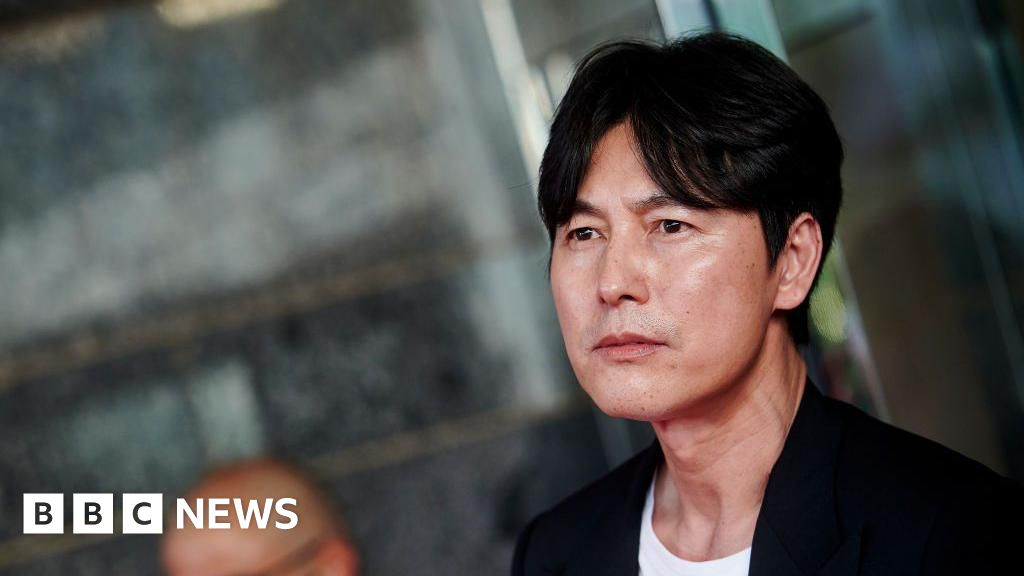Moon announced her child’s birth via Instagram on Friday, without mentioning the father, describing the pregnancy as “unexpected” and saying she had been “completely unprepared for the sudden news”.
Two days later, Jung’s agency Artist Company released a statement confirming that “the baby Moon revealed on her social media is Jung Woo-sung’s son”.
The statement further noted that Jung and Moon were “discussing the best way to raise the child”.
It triggered outrage that quickly spread across the country, triggering a slate of opinion pieces in tabloids, spurring online debate and eliciting comments from national politicians.
Online, the response was largely critical towards Jung, whose prolific film career has made him a household name in South Korea.
Many commentators seemed to believe the actor had tarnished an otherwise upstanding and squeaky clean image, with some expressing disappointment that the former United Nations High Commissioner for Refugees ambassador “can’t accept his own child”.
“Jung Woo-sung is pretending to be a good guy saying he will fulfil all his duty… A child does not grow on money alone,” wrote one commenter on Naver News, South Korea’s largest news aggregate website.
“It’s not a problem not marrying after having a child. It’s that he pretended to be such an ethical person so far,” wrote another.
Speaking to conservative news outlet JoongAng, an unnamed lawmaker from the right-wing People Power Party described Jung’s decision to have a child outside marriage as “something unthinkable in this country of social mores”.
“No matter how much the times are changing, Korea’s tradition and public sentiment must be kept (righteous),” the lawmaker said.
A recent social survey by South Korea’s statistics agency found that 37% of people believed it was acceptable to have a child outside marriage – an almost 15% increase since 2012.
Of those who said marriage was necessary, more than 72% were above the age of 60 – with younger respondents increasingly less likely to take that view.

